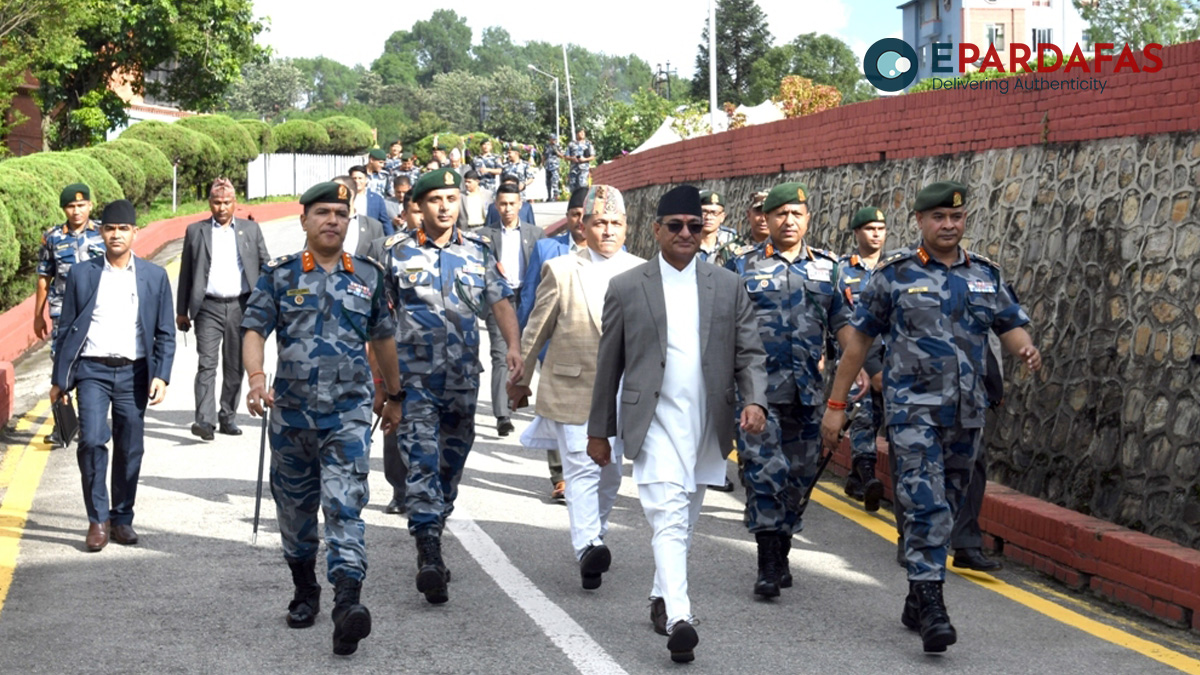Home Minister Ramesh Lekhak has initiated the process of reclaiming assets acquired through corruption, ensuring their transfer to the government.
Two days ago, Minister Lekhak made the decision to implement the Supreme Court’s verdict on the confiscation of properties linked to corruption. The Ministry of Home Affairs has since actively moved forward with the process, targeting assets that have been under illegal possession for an extended period.
According to the Act on Confiscation of Criminal Assets, the ministry has issued a directive to seize properties ruled for confiscation by the Supreme Court. These assets will be officially transferred to the government’s name through the relevant Land Revenue Offices and District Administration Offices, following the Land Revenue Act 2034, Land Revenue Regulations 2036, and Land Administration Directive 2058.
The Home Ministry has identified and initiated the confiscation of properties owned by former government officials Amonanda Mishra, Saraswati Dhungana, Murari Bahadur Karki, Kesharjung Khadka, and Ramagya Chaturvedi. Additionally, properties in Nepal acquired through illicit activities by Sarita Giri Rai, an Indian national, are also set for confiscation.
A proposal has been sent for the confiscation of the properties of these five former administrators and one foreign national, stated Bharat Mani Rijal, Chief Joint Secretary of the Law Division of the Ministry of Home Affairs.
The confiscation move follows the ordinance amending several acts related to good governance and public service delivery. Section 3A of the ordinance, an addition to the Good Governance (Management and Operation) Act, 2064, authorizes the government to seize criminally acquired assets through ministerial or delegated decisions.
The Department of Criminal Assets Management has stated that confiscated properties will either be auctioned or repurposed for government use. The ministry’s action aligns with its broader commitment to combating corruption and ensuring state resources are lawfully managed.














Comments